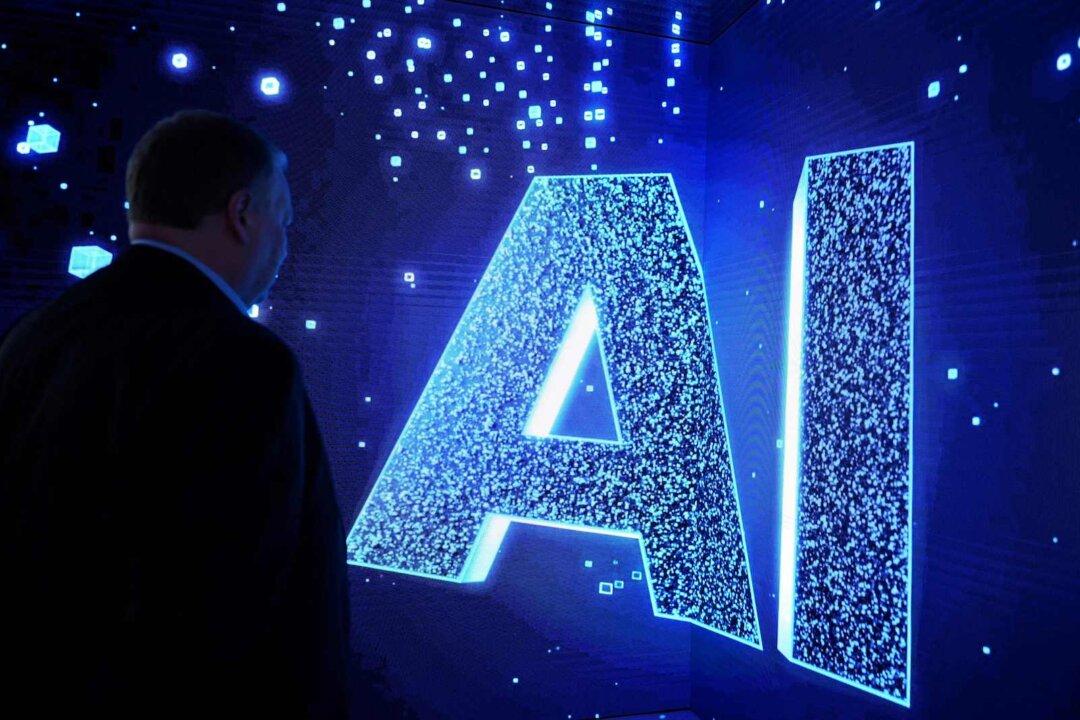Media giant News Corporation should be compensated by artificial intelligence engines for using its content, says company CEO Robert Thomson.
In an investor call on May 12, Thomson said AI would have a profound effect on the media business.

Media giant News Corporation should be compensated by artificial intelligence engines for using its content, says company CEO Robert Thomson.
In an investor call on May 12, Thomson said AI would have a profound effect on the media business.